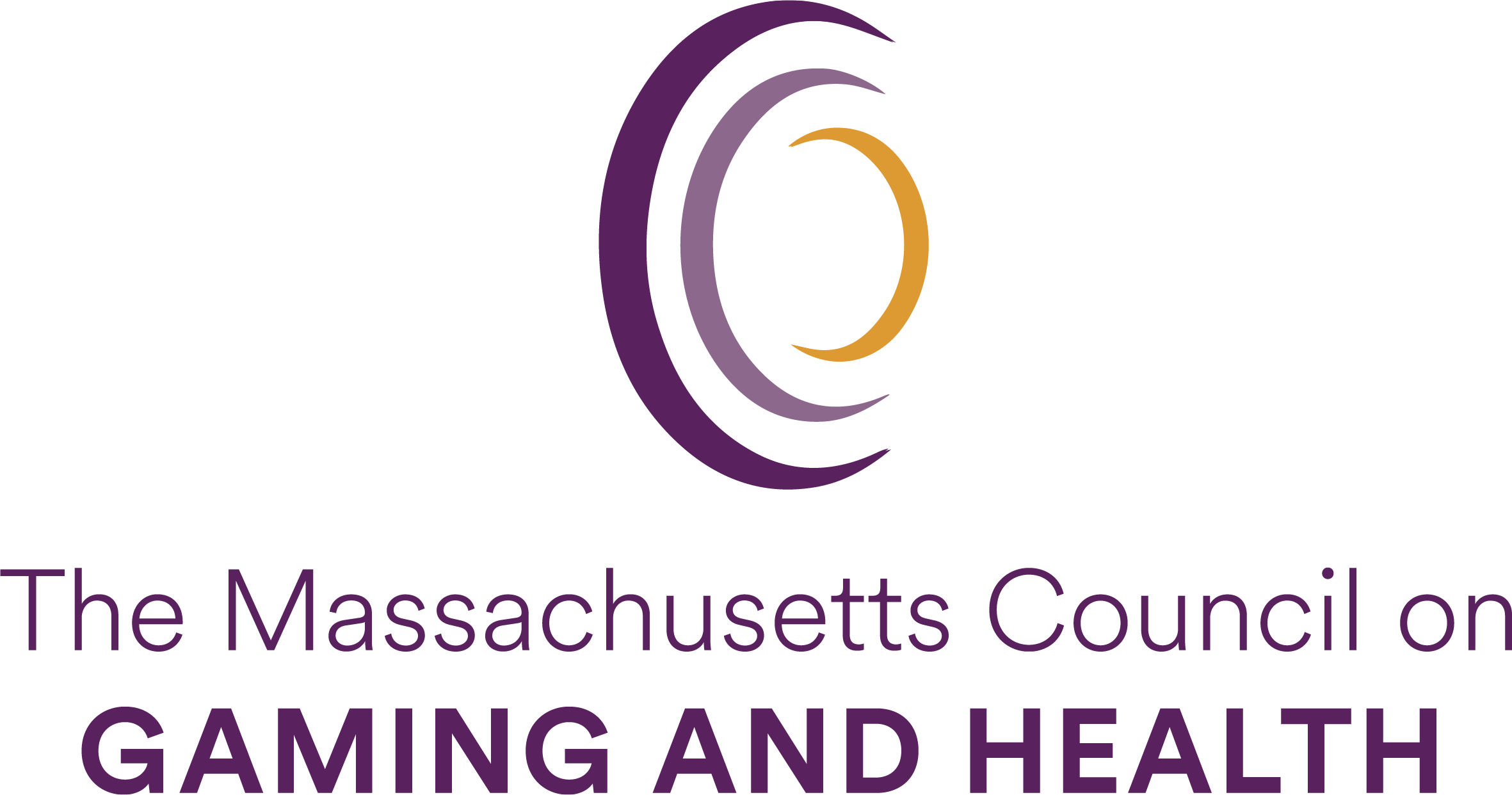In our new Tell Your Story series, we’ll be featuring stories of those who have experienced or have been impacted by problem gambling.
Trigger warning: Suicide
Fighting the urges. Donna’s story.
You learn how to lie well when you struggle with gambling. Until you get caught, that is.
For me, that was a Thursday morning. I was getting ready to leave my house and happened to peek outside. Two police officers and a detective were walking up to the stoop, about to ring the doorbell.
I had a good idea of why they were there and what they might ask. But at the time, the instinct to lie was a reflex. It was almost automatic.
I propped the door open a crack. “Are you Donna?” said one. “Your neighbor Anita’s missing some checks. Can we talk to you?”
My mind reeled back to several days earlier. Anita had asked me to keep an eye on her house during her vacation. I fed her cat, watered her garden, and checked the mail.
No problems popped up at Anita’s home, but I was hiding a problem of my own. I was glued to slot machines and was running low on cash. In a desperate attempt to fix this, I took three of her checks and some deposit slips.
I never intended to do anything wrong or hurt Anita. I put the money back before she returned. After all, the machine would eventually hit, and I would win. However, this thinking was flawed. Every machine has three wheels, a motor, a chip, and set probabilities of winning, and the chances are against you.
That’s why officers were on my stoop. I started to weave an explanation, saying I didn’t know anything about the checks. I began shutting the door. Then they showed me proof: surveillance footage photos. There I was, cashing Anita’s checks.
The story made the news within hours. Stealing and forging checks was a big crime in my hometown. Worse, I was well-known. I owned a local hardware store and had even run for public office. My family started facing a daily barrage of questions and comments. They were shocked and disappointed — and the mental anguish crushed me.
After turning myself in, I started the court process. I got off much better than I expected. I was a first-time offender and was referred for accelerated rehabilitation, which meant two years of probation.
Still, my mental health crumbled. I wasn’t addressing urges I had to return to the casino or gamble. Few people asked me why I had stolen the checks or how I had started gambling. It seemed like there weren’t many resources to help me curb my gambling for good either. Darker thoughts emerged. During my probation, I tried to commit suicide three times.
These struggles made stopping gambling harder. The tipping point was after my third suicide attempt and third hospital stay. My husband of 36 years said, “We’re getting a divorce.” He walked out one door. I walked out the other, got into my car, and drove to the casino. There, I could leave my worries, anger, and disappointments at the door. I started playing for 24-48 hours at a time.
I tried getting into a recovery program but had trouble committing. I had always controlled my career, relationships, and life. Now, something else was in control. Many nights, I would attend the program and visit the casino afterward. Playing slots still gave me thrills. One night, I spotted a $5 machine finding 7s. I had just won $1,000, but finding 7s was my favorite game. After the second hit, the machine lights started going off. Security officers surrounded me, and I thought I’d broken the machine. The $27,500 flashing showed otherwise. I had won!
I thought that windfall would be my last. I had a large pocketbook that evening and requested the winnings in cash. I watched the employees fill it up and said I’d never come back. But the urges were too strong. That $27,500 cost me $200,000 before I quit for good.
It took another weekday morning to shift my mindset on recovery. I was driving from the casino around 4 a.m. when I fell asleep at the wheel. I woke up seconds before I would have hit the car in front of me.
I couldn’t lie to myself this time. I could have killed innocent people who had nothing to do with my gambling problems. I told myself, “You’re not stupid. There’s something bad going on, and you need to do something about it.” That day, I decided to buckle down on my recovery program and started attending three days a week.
That morning was over 25 years ago, and I haven’t gambled since then. I’m not proud of what I did. I didn’t know nor like the person looking back at me. But I’m proud of who I am today. After all this time, I am rekindling relationships with my four children and grandchildren.
There is pain in getting up and facing the urges, but it is possible in recovery. There are days when I do think about going back to gambling, but I can’t be where I was before. I just can’t.
Reach out to someone at the Mass Council via secure LiveChat or by calling the GamLine at 1-800-GAM-1234, 24/7.


